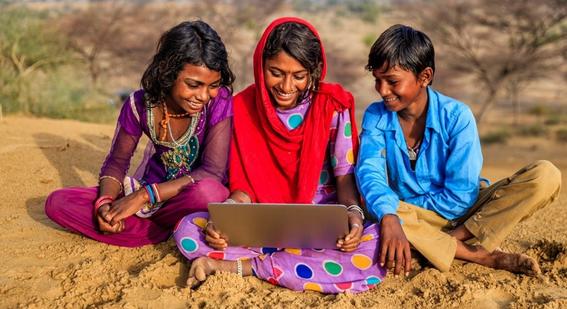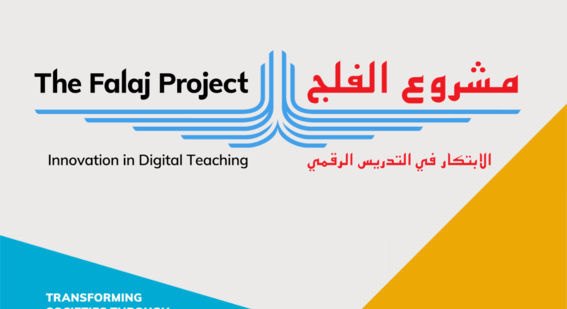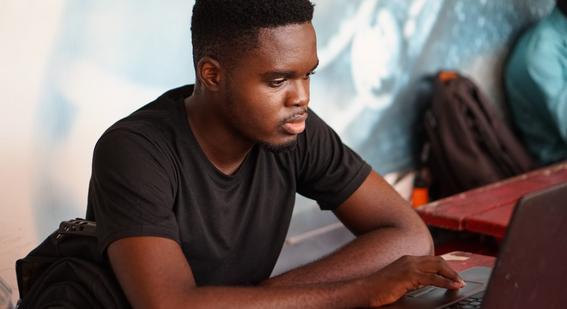Exploring Omani teachers’ experiences of hybrid and online learning
The Falaj Project is a collaboration between Cambridge Partnership for Education, the Ministry of Education of Oman, and Google for Education. In response to teaching challenges posed by the Covid-19 pandemic, we have come together to focus on hybrid and online learning best practices.

The Falaj Project is a collaboration between Cambridge Partnership for Education, the Ministry of Education of Oman, and Google for Education. In response to teaching challenges posed by the Covid-19 pandemic, we have come together to focus on hybrid and online learning best practices.
Cambridge and the Ministry of Education of Oman have worked on a new Maths and Science curriculum, Arabic tailored resources and high quality teacher training programmes since 2017. More recently, Google’s G Suite for Education was provided to over 450,000 students across Oman in Grades 5 - 12[1]. The Falaj Project seeks to develop innovative yet practical solutions which make best use of these established resources.
Our transdisciplinary team is using an iterative, design-based research approach to understand the experiences of teachers and teacher trainers in Oman. We are hosting a series of workshops in Oman with teachers, trainers and experts from each of the partnering institutions and around the world. The aim is to open up a dialog around planning online and hybrid lessons, using learning content from Cambridge Partnership for Education delivered through Google Classroom and other tools from the G Suite for Education. The design team is creating new resources, informed by the findings of these workshops. These include Arabic video tutorials, interactive lessons and self-assessing quizzes, based on teachers’ needs.
We have just had our second workshop and we are reflecting on findings, digging into teachers' experiences and what they want and need. These findings will frame how we design the next workshop.
Immediate areas for action include:
- Considering the best ways to digitize existing Cambridge content
- Providing a shared digital repository for content
Two takeaways from our initial workshops are that participants have
- Differing levels of experience with Education Technology (EdTech) in online and hybrid learning
- Differing expectations for the outcomes of the project
This collaborative and scalable project creates an ongoing dialogue between industry, research and practice. The Ministry of Education of Oman has been praised by the World Bank for their ongoing EdTech efforts. They also continue to focus on teacher’s professional development and refining pedagogies. This project provides guidance for the next steps in this work. It further develops the skills, content and tools for excellent online teaching and learning through a unique partnership.
Coming up next
Ryan Irvan is a PhD student in Education at the University of Cambridge and is passionate about EdTech and designing online courses that promote dialogue and higher order thinking. He is experienced in facilitating collaborative projects between innovative technology and education and set up and ran a makerspace at a middle school in San Diego, California, where he taught technology and English. He has an MA in Educational Leadership and Technology from San Diego State University and a MPhil in Education and Psychology from the University of Cambridge.




